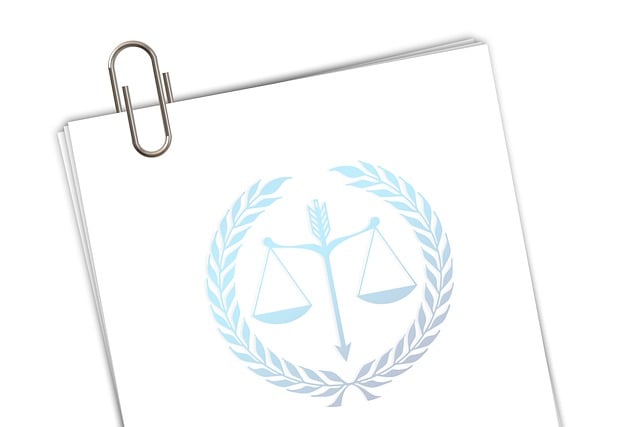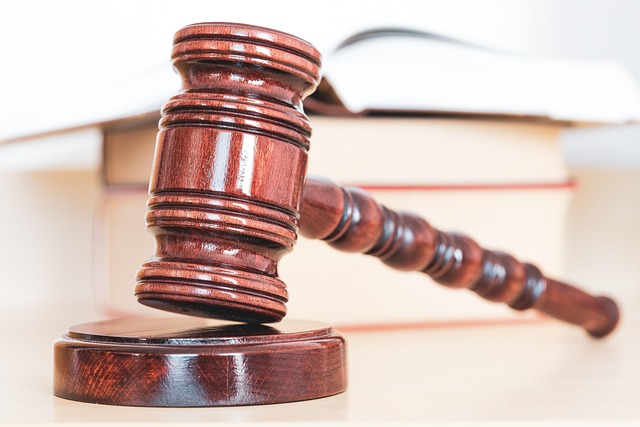Securities class actions, driven by Sentencing Guidelines Reform and Policy Changes, play a crucial role in holding corporations and individuals accountable for fraud and misconduct. These reforms aim to enhance deterrence, improve investor protection, and promote restorative justice. By reshaping corporate governance practices and incentivizing compliance programs, these changes reflect a societal shift towards transparency and accountability. This balanced approach benefits investors, fosters efficient dispute resolution, and strengthens the legal framework for addressing white-collar crimes in financial markets.
Securities class actions have emerged as a powerful tool for investor protection, enabling collective legal action against corporate misconduct. This comprehensive article delves into the intricacies of securities class actions, focusing on key components such as understanding the legal framework, evaluating sentencing guidelines, exploring recent policy changes, and assessing their impact on financial markets. By examining these aspects, we gain insights into how reforms aim to enhance investor protection while navigating market challenges and potential benefits.
- Understanding Securities Class Actions: A Comprehensive Overview
- The Role of Sentencing Guidelines in Investor Protection
- Reforming Guidelines: Recent Policy Changes and Implications
- Impact on Financial Markets: Challenges and Potential Benefits
Understanding Securities Class Actions: A Comprehensive Overview

Securities class actions are a significant aspect of financial litigation, enabling investors to hold companies and individuals accountable for fraud or misconduct in the securities market. These legal mechanisms have evolved over time, driven by key reforms like Sentencing Guidelines Reform, which aim to enhance deterrence and accountability. Policy changes related to these guidelines have had profound effects on corporate governance and risk management within respective businesses.
Understanding securities class actions requires a grasp of their role in addressing white-collar and economic crimes. The recent shifts in sentencing policies reflect a broader societal emphasis on restorative justice, where penalties are tailored to the specific circumstances of each case. This approach encourages companies to prioritize compliance programs and ethical conduct, fostering trust within philanthropic and political communities alike.
The Role of Sentencing Guidelines in Investor Protection

The role of Sentencing Guidelines Reform plays a pivotal part in enhancing investor protection within securities class actions. Historically, these guidelines have guided judges in determining penalties for corporate misconduct, often focusing on deterrence and proportionality. However, recent policy changes aim to strengthen the impact by making sentencing more consistent and severe, especially for fraud cases. This shift is crucial in sending a clear message to businesses that such offenses will not be tolerated.
By implementing Sentencing Guidelines Reform, authorities can ensure that those found liable, including corporate executives, face meaningful consequences, potentially deterring future violations across the country. For his clients involved in securities disputes, these reforms offer a more robust legal framework, increasing the likelihood of justice and substantial compensation for suffered losses.
Reforming Guidelines: Recent Policy Changes and Implications

In recent years, there has been a significant shift in the landscape of securities class actions due to policy changes and sentencing guideline reform. These reforms aim to address concerns related to the cost and complexity of litigation, while also ensuring that wrongdoers are held accountable for their actions. The new guidelines encourage more efficient dispute resolution, focusing on early case assessment and settlement negotiations, thereby reducing the burden on both plaintiffs and defendants. This approach not only saves legal costs but also facilitates quicker access to justice for investors who have suffered financial losses due to corporate misconduct.
The implications of these policy changes are far-reaching. They promote a more balanced system where plaintiffs can still achieve substantial recoveries while incentivizing companies to adopt better internal controls and corporate governance practices. Moreover, the emphasis on alternative dispute resolution mechanisms, such as mediation, reflects a growing recognition of the importance of resolving disputes outside the traditional courtroom setting. This shift benefits not only for his clients but also for the broader philanthropic and political communities by fostering a more transparent and accountable business environment.
Impact on Financial Markets: Challenges and Potential Benefits

The impact of securities class actions on financial markets is a complex interplay of challenges and potential benefits. These legal actions, which aggregate individual investor claims, can lead to significant market disruptions. However, they also serve as a crucial check against corporate misconduct and market manipulation, fostering transparency and accountability. The effects ripple through various sectors, from the targeted companies facing substantial settlements or complete dismissal of all charges, to broader industry-wide policy changes and Sentencing Guidelines Reform.
Despite the challenges, securities class actions offer potential advantages for investors. An unprecedented track record of successful cases has empowered investors, demonstrating that collective action can yield substantial recoveries. Furthermore, these actions drive necessary reforms, shaping corporate behavior and enhancing regulatory frameworks. Ultimately, they contribute to a more robust and resilient financial landscape, where investors have recourse against wrongdoings, and companies are incentivized to uphold the highest standards of integrity.
Securities class actions play a pivotal role in protecting investors and maintaining fairness in financial markets. The recent focus on Sentencing Guidelines Reform and Policy Changes has highlighted the need for stronger investor protection. By amending these guidelines, regulators aim to deter fraudulent activities and encourage corporate accountability. This comprehensive overview underscores the complex interplay between legal frameworks and market dynamics, ultimately emphasizing the potential benefits for investors and the overall stability of financial markets.






